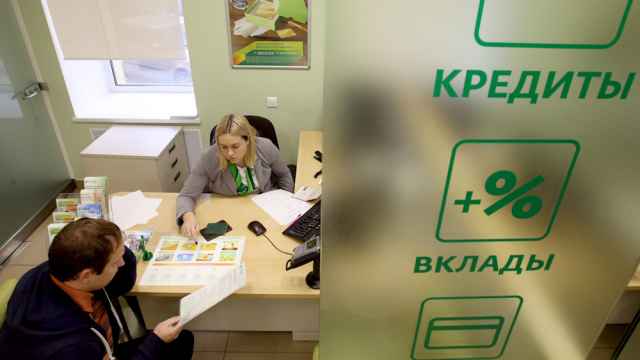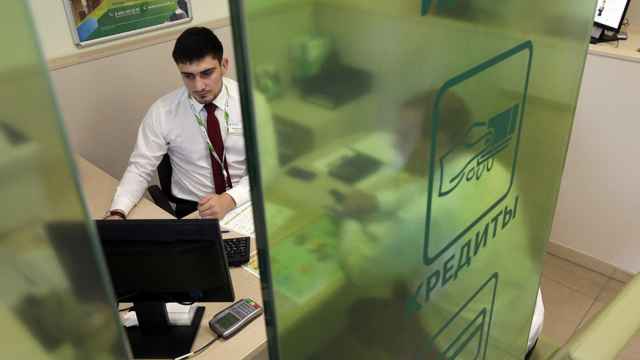The number of overdue payday loans in Russia hit a record high of 5.4 million in February, according to consumer credit ratings agency Equifax.
In total, Russians owe 172 billion rubles ($2.2 billion) to microfinance organizations — ultra short-term loans which typically come with high interest rates and are designed to tide over borrowers for a matter of weeks or months — the agency told the state-run RIA Novosti news agency.
But more than a third of the outstanding total — 60 billion rubles ($790 million) — is currently held by borrowers who are more than 90 days behind on their repayment schedule. That figure was up 2.2% during February alone, taking the volume of late payday loans, as well as the number of distressed borrowers, to a record high.
Russia’s Central Bank said last week that the average indebtedness of borrowers — the amount of their monthly income which goes toward repaying debts — had increased during the pandemic as a result of falling incomes.
Through years of declining and stagnant living standards, regulators have long been watchful of Russia’s swelling payday loan portfolio and the ability of borrowers to repay, fearing it could be a source of wider economic instability. Rights groups have also been concerned following multiple reports during Russia’s last economic crisis about the violent methods used by debt collectors to recoup loans from heavily indebted borrowers.
Russia’s overall outstanding loan portfolio, including payday, retail and corporate loans grew by 10% during the coronavirus pandemic, ratings agency Fitch calculated. Around one in eight loans had to be restructured, although this was most often done by small businesses, with just 5% of retail loans needing to be reviewed.
Nevertheless, the Central Bank is upbeat on the health of the country’s banking sector and has not raised alarms about growing indebtedness among businesses or households. It believes a much smaller portion of loans are expected to turn bad than previously thought, and the growth in personal debt burdens has also been lower than it feared at the start of the pandemic.
A Message from The Moscow Times:
Dear readers,
We are facing unprecedented challenges. Russia's Prosecutor General's Office has designated The Moscow Times as an "undesirable" organization, criminalizing our work and putting our staff at risk of prosecution. This follows our earlier unjust labeling as a "foreign agent."
These actions are direct attempts to silence independent journalism in Russia. The authorities claim our work "discredits the decisions of the Russian leadership." We see things differently: we strive to provide accurate, unbiased reporting on Russia.
We, the journalists of The Moscow Times, refuse to be silenced. But to continue our work, we need your help.
Your support, no matter how small, makes a world of difference. If you can, please support us monthly starting from just $2. It's quick to set up, and every contribution makes a significant impact.
By supporting The Moscow Times, you're defending open, independent journalism in the face of repression. Thank you for standing with us.
Remind me later.






